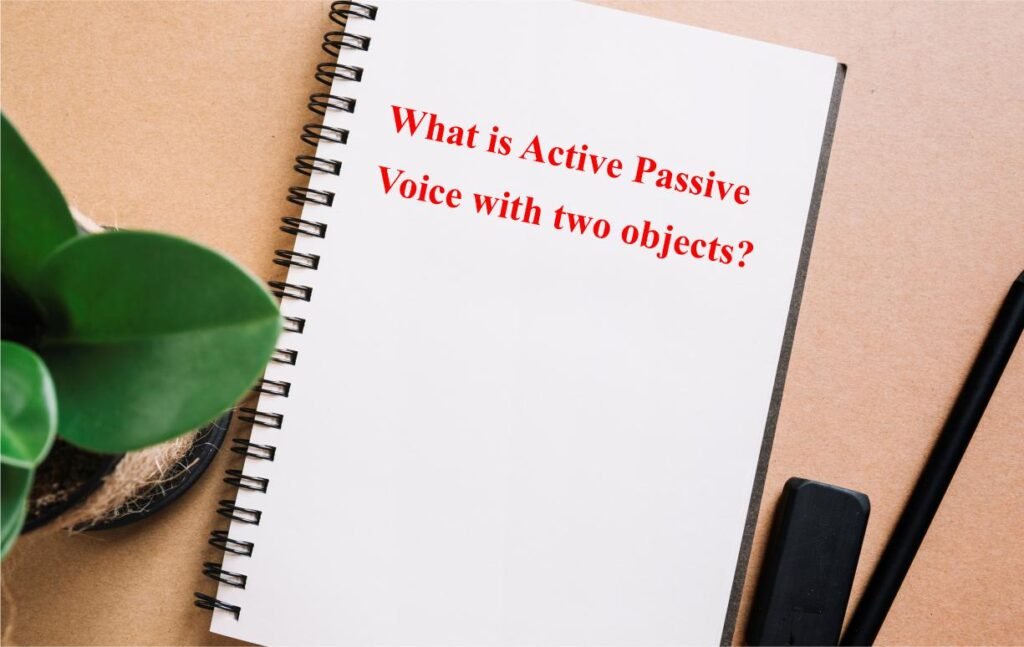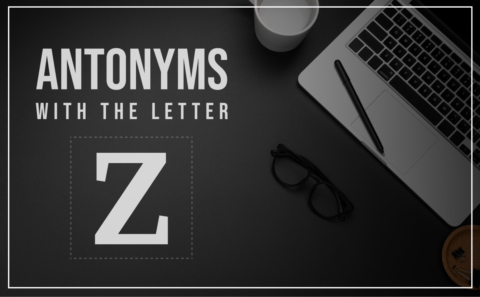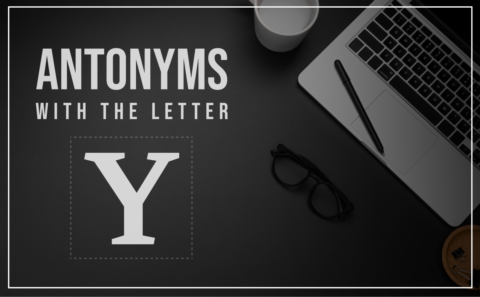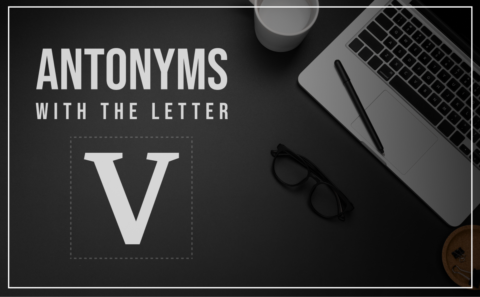Step into the world of English grammar with our in-depth guide on the Passive Voice. Learn how it interacts with two objects – direct and indirect, and understand the process of transforming sentences from active to passive voice. Our guide is filled with clear examples and explanations, making the complex topic of Passive Voice easily understandable. Start your journey towards mastering English grammar today!
Many sentences have two objects: direct and indirect objects.
A direct object generally denotes a non-living thing. It is used after the indirect object in a sentence.
An indirect object generally denotes a living person or animal used just after the main n verb in a sentence.
Active Passive Voice with two objects For example:
| The teacher | teaches | us | English. |
| Subject. | mv | IO | DO |
The sentences with two objects can be converted into passive voice in two ways:
- Using Indirect Object as the subject of the sentence
- Using Direct Object as the subject of the sentence
Active Passive Voice Structures
| Object | Structure |
| Indirect Object | Subject (indirect object) + verb (be) + verb3 + direct object + by + object . |
| Direct Object | Subject (direct object) + verb (be) + verb3 + for/to + indirect object + by + object . |
Active Passive Voice For example:
A: Radha gave me a pen.
P: I was given a pen by Radha.
Or
A pen was given to me by Radha.
A: I sent the email to John.
P: John will be sent an email by me.
Or
The email will be sent to John by me.








